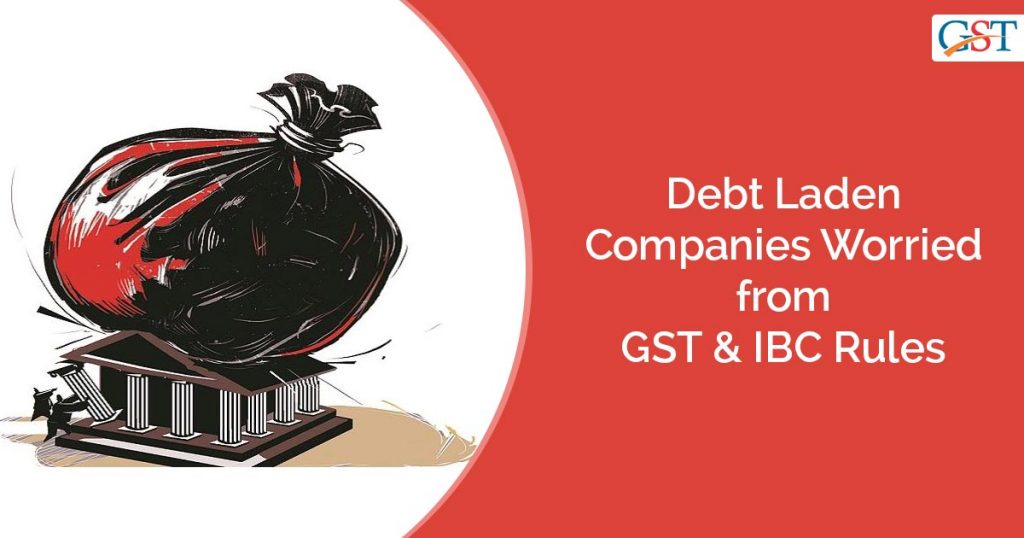
It seems that the Insolvency and Bankruptcy Code (IBC) and GST are having some troubles with the norms as well as software working procedure for the resolutions.
Therefore, it seems that they may visit the court for the further resolution of the matter. The major issues that conflict is that the GST software does not allow the taxes that of current or of a future state to be paid until unless the previous taxes have been paid.
Also, the IBC will have to wait until the creditors get the dues, to begin with, the recovery. As per the tax expert, “Under the IBC framework, there is a moratorium. The company doesn’t have to pay past taxes, including GST, after a defined trigger point, Due to the way the GST software functions, companies can’t pay taxes till they have cleared dues. This leads to genuine hardship.”
The dues of goods and service tax are in thousands of crores which has to be cleared of further operations. The tax expert further added, “We are challenging this in the court as the tax department should either allow companies to pay GST without clearing dues or refund the money paid for the previous period within the statutory time prescribed.”
Right now there are 1300 companies which are under the resolution process while 12 companies which have as much debt as 3.5 lakh crores have said that there is an issue within the tax system itself.
The companies are asked to pay the previous year taxes which are due but are into the financial debt already, therefore, breaking the IBC regulations also.
In some situations, the tax department is unable to collect the taxes from the debt-laden companies which are under the resolution process. Also, there are thousands of crores which are due including the income tax or transfer pricing.
The tax department is also taking some action in a loose manner when the lenders itself come and tries to solve the tax issues. While the IBS become major even in front of the tax department for the collections.
